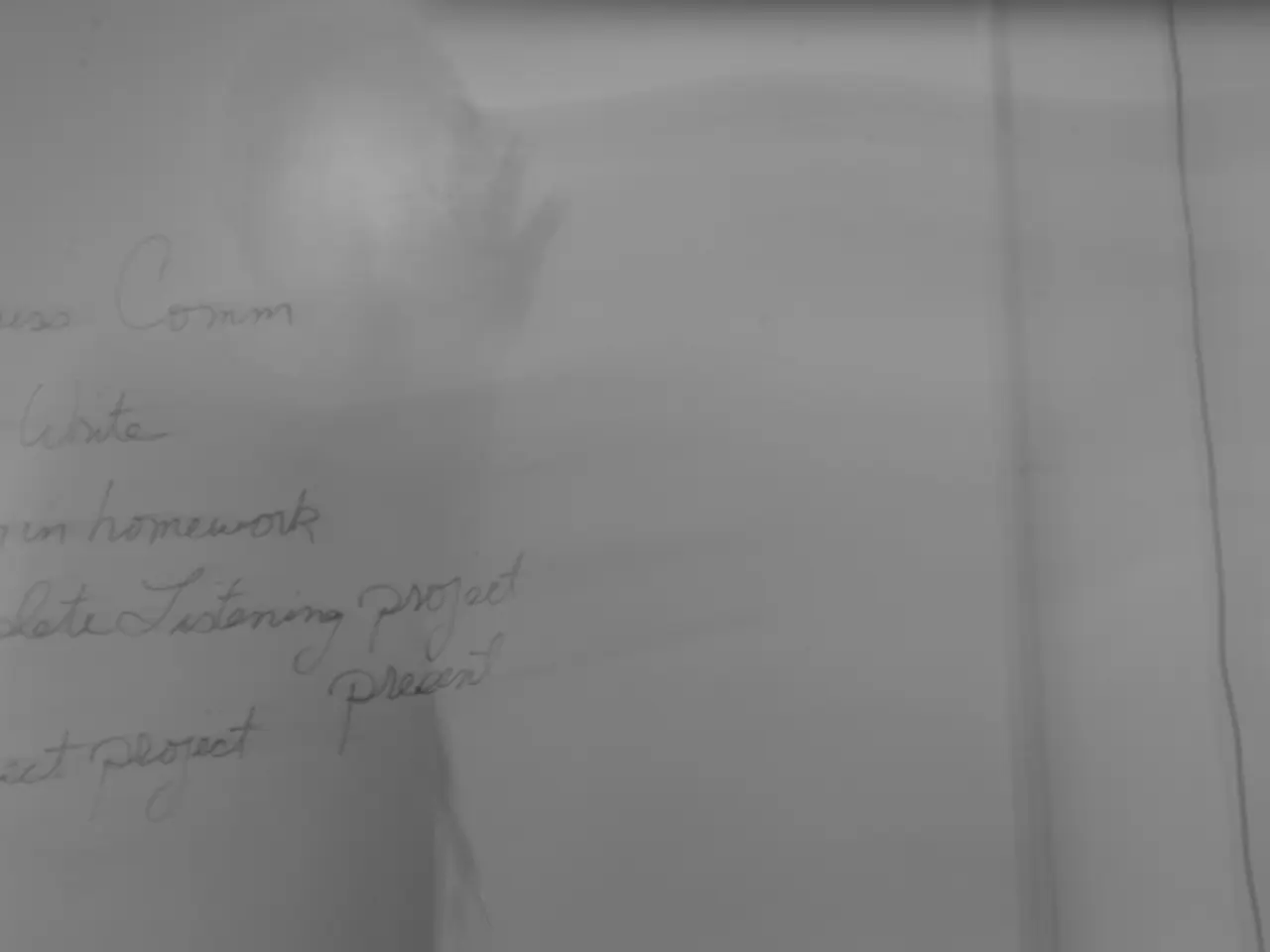EU Advocated for Preserving Palestinian Representation in United Nations Under Albares' Guidance
Spain's Foreign Minister, José Manuel Albares, has called upon the European Union (EU) to take a leading role in defending Palestinian representation at the United Nations and pushing for a peaceful resolution to the Israeli-Palestinian conflict.
Albares' plea comes as part of a proposed action plan that includes several measures aimed at promoting peace and upholding international law. The plan emphasises the EU's intention to engage with Israel only on the basis of human rights and to implement sanctions against anyone seeking to undermine the two-state solution.
One of the key measures proposed in the action plan is an EU-wide arms embargo on sales to Israel. The plan also calls for halting trade in products from illegal settlements and complying with all rulings and advisory opinions of the International Court of Justice.
Albares has condemned the U.S. decision to revoke visas for Palestinian President Mahmoud Abbas and 80 other officials, stating that it is unacceptable for the Palestinian delegation or Abbas himself to be barred from attending the UN General Assembly. In response, the proposed action plan suggests the possibility of fully suspending the EU-Israel agreement.
In addition to these measures, Spain's stance aims to send a clear message of support for Palestinian representation at the UN. The country also proposes providing stronger financial support to the Palestinian National Authority as part of the action plan.
However, it is important to note that the proposed action plan does not include any new sanctions beyond those mentioned. The plan also does not specify any other measures beyond those mentioned, leaving room for further discussion and potential additions.
The support for the proposed action plan has been mixed within the EU. While several European countries, including Belgium, have expressed support for measures against Israel, such as suspending the EU-Israel Association Agreement and reviewing cooperation, key countries like Germany and Hungary oppose an EU-wide weapons embargo or sanctions, resulting in a divided EU stance with no consensus for a weapons embargo against Israel.
Despite the challenges, Albares has emphasised the need for the EU to take more decisive action in the Israeli-Palestinian conflict. He stated that the time for words is over, and it is now time for action. Albares has also made it clear that the EU intends to implement this plan in accordance with its own legislation and international law.
Read also:
- Lu Shiow-yen's Challenging Position as Chair of the Chinese Nationalist Party (KMT) Under Scrutiny in Donovan's Analysis
- Enemy Forces Have Taken Ukrainian Prisoner
- BJP Persuaded Delhi Voters That Supporting AAP Was Pointless, According to Pavan K. Varma
- Potential Democratic Contenders for Presidency in 2028 Yet to Exclude Themselves from Race








